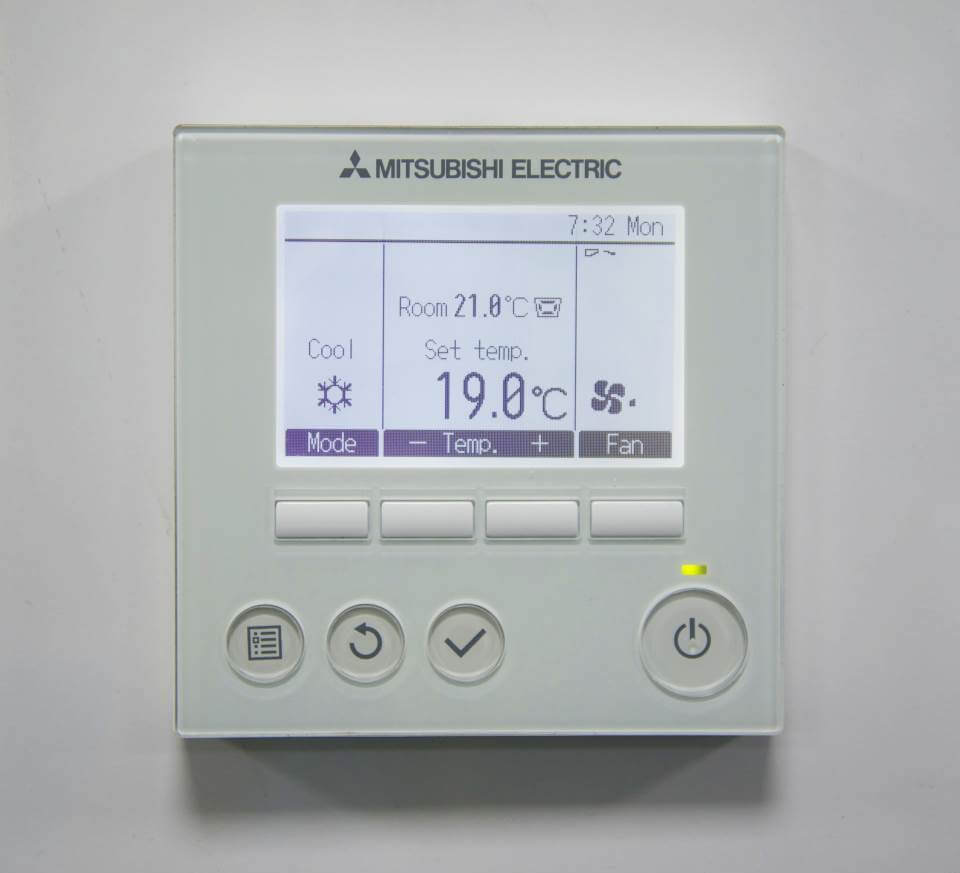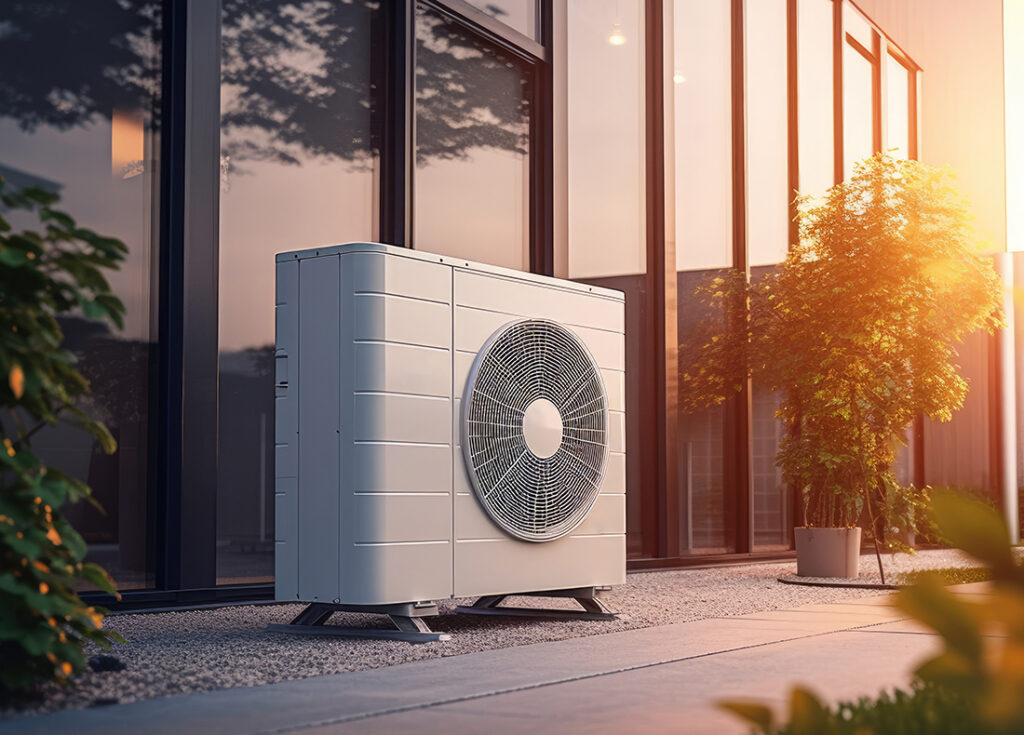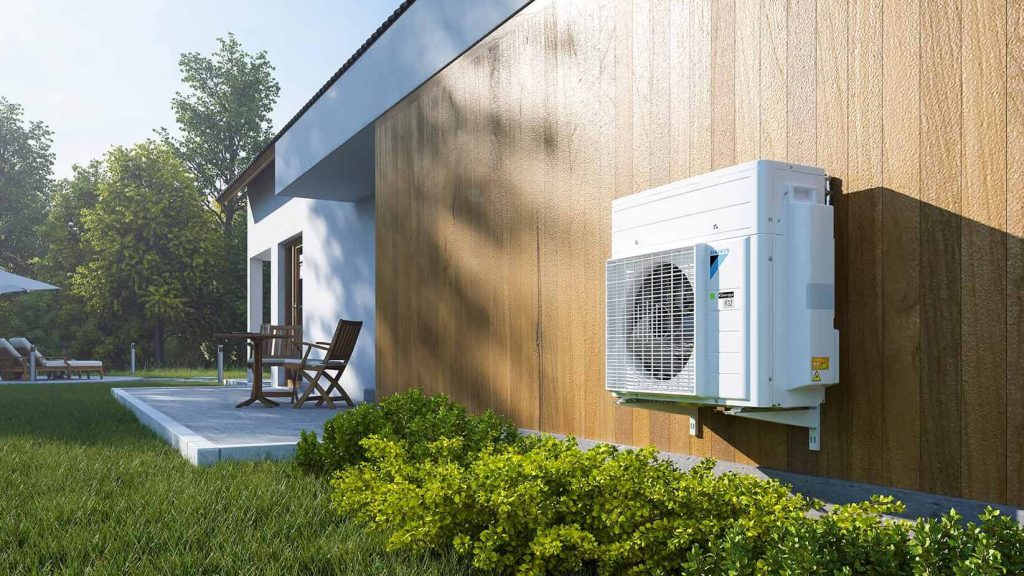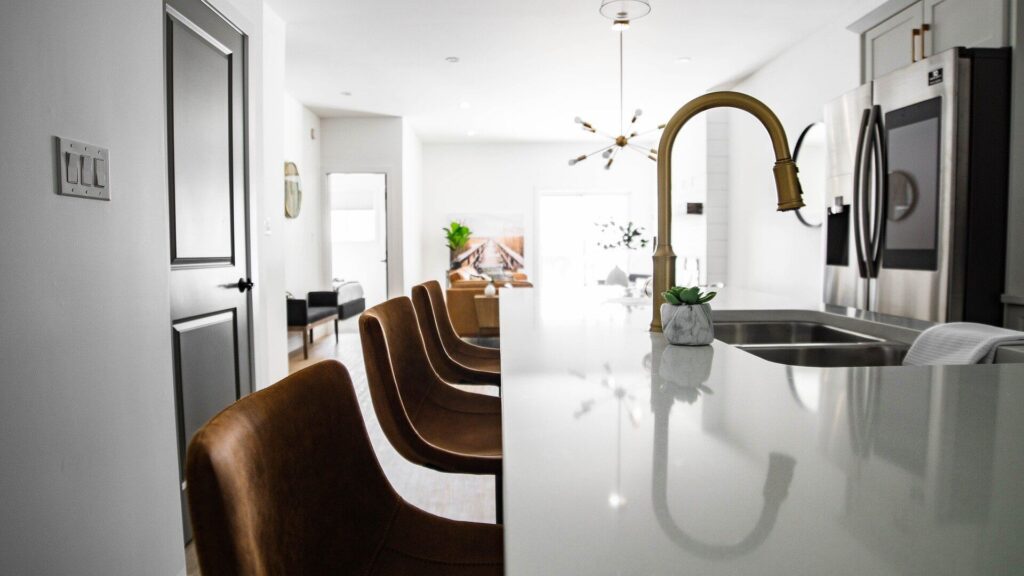How Cold, Heat and Humidity Affect The Human Body – How Heating, Ventilation and Air Conditioning Can Help

Estimated reading time 10 minutes
With changes and swings from high to low temperatures becoming the norm we look at how cold, heat and humidity affect the human body and how heating, ventilation and air conditioning systems can help.
Over the last decade there have been ever increasing changes to the temperatures that we experience in the UK.
UK Climate - Temperature Highs (and Lows)
There are about 2,000 deaths caused by high temperatures in England every year.
In 2020 the State of the UK Climate report was published which is compiled by the Met Office and published in Royal Meteorological Society’s International Journal of Climatology. This report states that UK climate and weather is changing. They found that in 2019 four UK high temperature records were set including:
- The setting of a new all-time record of 38.7°C on 25 July, in Cambridge University Botanic Gardens, Cambridgeshire
- A new winter record of 21.2°C on 26 February in Kew Gardens, London; this was the first time 20°C has been reached in the UK in a winter month
- A new December record of 18.7°C on 28 December, in Achfary, Sutherland
- A new February minimum record of 13.9°C on 23 February, Achnagart in Ross And Cromarty
- 2019 also set the all-time and winter records new high-temperature records for February and July
Mike Kendon a climate information scientist within the National Climate Information Centre (NCIC) and lead author said of the 2019 report: “Our report shows climate change is exerting an increasing impact on the UK’s climate. This year was warmer than any other year in the UK between 1884 and 1990, and since 2002 we have seen the warmest ten years in the series. By contrast, to find a year in the coldest ten we have to go back to 1963; over 50 years ago.”
The head of the Met Office’s National Climate Information Centre Dr Mark McCarthy explains “The climate statistics over time reveal an undeniable warming trend for the UK. We are also reporting on changes in other aspects of our weather and environment such as rainfall, snow, sunshine, sea level and even tree leafing dates. The observed changes are to varying degrees a consequence of both global climate change and natural variability in our climate.”
In the 2020 report published in 2021 temperature, rainfall and sunshine were all in the top ten highest on record – the first time these three stats were the highest in the same year. In fact Public Health England issued a Level 3 heat-health alert which was supported by an amber extreme heat warning issued by the Met Office in July 2021 as the Met Office forecast high temperatures and a Heatwave Plan for England was issued.
Will Lang, Head of Civil Contingencies at the Met Office, said “Across most parts of the UK we’re expecting to see temperatures building, reaching heatwave thresholds across the majority of England over the weekend. High temperatures will remain a feature of the forecast until Tuesday, when fresher conditions arrive curtailing heatwave levels.”
The UK doesn’t just suffer from temperature highs. In 2021 the weather station at Braemar recorded a temperature of -23.0°C. This was the lowest recorded in the UK since 1995. Although not a regular event this drop in temperate shows the UK weather extremes that can occur.
Health and Well-Being
Based on the ever changing (and in the case of temperature, ever increasing) changes to UK climate and weather temperature highs and lows can have an impact on people’s health if indoor temperature is not controlled.
High temperatures can affect us in a number of ways from mild to severe health impacts. The main causes of illness and death associated with high temperatures are cardiovascular and respiratory. As temperatures increase our bodies must work harder to maintain our internal temperature. Coupled with fluid and salt loss through sweating this puts more strain on our hearts and lungs.
Other heat related illnesses are heat exhaustion which includes dehydration, muscle cramping, headaches, fatigue, feeling faint and fainting, dizziness and nausea; and heat stroke which covers confusion, seizures and loss of consciousness.
According to Gregory Wellenius a Boston University professor of Environmental Health and director of BU’s Program on Climate and Health “Hot days can lead people to suffer from dehydration, heat exhaustion, and in extreme cases, heat stroke. But hot days are also associated with higher risk of a number of other conditions that are not typically thought to be “heat-related,” such as [kidney] problems, skin infections, and preterm birth among pregnant women. In fact, heat stroke, heat exhaustion, and dehydration account for a relatively small fraction of the total [health risks] associated with days of extreme heat. And interestingly, it’s not just extreme heat that poses a risk. Even moderately hot days can place vulnerable individuals at higher risk.”
He also goes onto explain that “A growing body of evidence suggests that days of high temperatures may negatively affect our mental health. For example, a recent study in New York found that hot days were associated with higher risk of... mood and anxiety disorders, schizophrenia, and dementia. Other studies show that hot weather is linked to lower performance on standardized tests, higher risk of judgment errors, and higher risks of occupational injuries.”
Low temperatures also have health effects including the risk of heart attacks, strokes, blood clotting issues, pneumonia, heart and lung problems, depression, worsening arthritis and increased accidents as well as winter coughs, colds and flu. In fact cold weather affects our body's ability to fight off infection.
When you’re cold your productivity and ability to concentrate is also affected making it harder to complete work or stay on task.
Interestingly there is no maximum work place temperature. According to The Health and Safety Executive website which states “Temperatures in the indoor workplace are covered by the Workplace (Health, Safety and Welfare) Regulations 1992, which place a legal obligation on employers to provide a 'reasonable' temperature in the workplace. However there is a minimum workplace temperature (normally be at least 16°C and if the work involves rigorous physical effort, the temperature should be at least 13°C) suggested in The Approved Code of Practice.
Humidity is also a factor in health and well-being. Your body needs to be able to sweat in order to cool down in hot weather. When the surrounding air water content is high it prevents your body from sweating to release heat and this can result in hyperthermia (overheating) as a result of your body’s inability to effectively release heat. High humidity can also leave you feeling lethargic, dehydrated, suffering from heat exhaustion, heat stroke, fainting and muscle cramps.
How Can Heating, Ventilation and Air Conditioning Make A Difference?
In a previous article What Does Air Conditioning Actually Do? It Just Cools the Air – Doesn’t It? we asked the question “An air conditioning system just cools the air – doesn’t it?” The answer to this question is no. In fact a Heating, ventilation and Air Conditioning (HVAC) system can keep a room cool, warm (or to a set temperature), control the humidity of the circulating air and ventilate the air - replenishing the air while removing dust, dirt, airborne particles and bacteria, odours, carbon dioxide, and other gases.
Controlling the Temperature
When it’s hot outside an air conditioning system works to maintain a constant, comfortable indoor temperature. This is achieved through the use of refrigerants.
Refrigerants evaporate and condense from liquid to gas and back again and in doing so they transfer the heat from the air inside a building. This process is repeated again and again until the air inside your office or building reaches the temperature you’ve set through the thermostat. When the thermostat detects that the desired room temperature has been met it turns the air conditioning off. When the room temperature starts to rise again the thermostat turns the air conditioning back on again to bring the room temperature back to the level set and so the cycle goes on.
HVAC systems also use heat recovery technology to remove warm air from one space and send it to another area that requires warmth. Consequently, it’s possible to efficiently heat and cool multiple rooms simultaneously.
Controlling Humidity
Just as air conditioning removes heat from the air to keep a room or building cool, it also removes humidity too. When warm air moves across the air conditioning evaporator coils it condenses the water vapour in the air and turns into water droplets. The coil then removes and drains it via a condensate array/drain pan. Each and every time warm air is passed over the evaporator coils water is removed from the air – dehumidifying it.
Filtering and Purifying the Air
An added benefit of an HVAC system is its ability to filter and purify the air. As air passes through your air conditioning it passes through a filter which removes debris, dust, dirt and bacteria and prevents it from circulating in the air. The filters within your air conditioning system play an important role in keeping your system clean and ensuring quality air flow.
Finding the Right Heating, Ventilation and Air Conditioning System For Your Workplace
The type of air conditioning installation you need will be determined by the size of your building. You can choose from:
Single Split Air Conditioning. A single split air conditioning system works with a single air conditioning unit coupled with an outdoor mounted unit. This system is ideal for a small office, individual hotel rooms or a classroom.
Multi Split Air Conditioning. A multi split air conditioning system has up to five indoor units coupled with an outdoor unit. Indoor units can be different styles e.g. wall mounted, ceiling cassette, ducted and vented. This system is recommended for businesses with more than one office and meeting space where simultaneous heating and cooling is required.
Variable Refrigerant Volume/Flow (VRV or VRF) Air Conditioning. VRF or VRV air conditioners are heat recovery systems. These systems provide both heating and cooling to various spaces within a building simultaneously. The technology extracts heat from one area and redistributes it to another area. These systems are perfect for large commercial premises such as large office blocks, restaurants, shops, schools and hospitals where there are multiple levels and areas/offices. A single VRF or VRV air conditioning plant can accommodate up to 64 indoor units which are normally stored on a roof top, or enclosed area at ground level.
Replacing Old For New
If you’re thinking about installing a new system Syncore can advise on the best system to meet your needs. If you have an old(er) system read the article “How Do You Know When It’s Time to Replace Your HVAC?” which explains the issues older HVACs can experience. If you recognise any of the signs described in the article and your HVAC system is old or reaching the end of its working life it’s probably time to call an air conditioning professional to replace your HVAC.
It’s also important to note that today’s air conditioning systems are as much as 50% more energy efficient in terms of heating and cooling. New HVAC systems also use modern refrigerants which are more environmentally friendly.
Your Heating, Ventilation and Air Conditioning Experts
Synecore are experts in heating, ventilation and air conditioning systems and can advise you on the best solution for your business premises. Synecore operate throughout Kent, London and the UK, providing commercial and industrial clients with the very best in HVAC systems and maintenance.
We supply top of the range air conditioning brand names, including Mitsubishi, Daikin and, Toshiba to offices, hotels, restaurants, retail and large commercial premises. Whether you require single split systems, multi split or a large VRV/VRF air conditioning system, we can provide you with the right air conditioning system solution.
Contact our team or call us on 01795 509 509. We’ll talk you through your options and provide you with expert advice.



